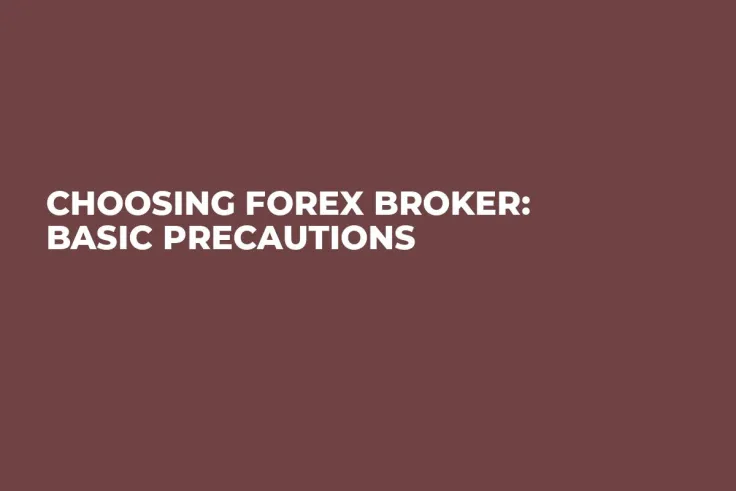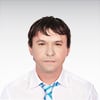
“Foreign exchange market” (ForEx, forex or FX) refers to the type of global decentralized trading system that includes the currencies of various countries. Through modern digital instruments, traders can exchange currencies in a peer-to-peer (“over-the-counter”) manner to maximize the benefits derived from price fluctuations.
Though the “best” forex broker is a matter of preference, this article will explain the basics of choosing a forex broker to avoid scam platforms and trade within the best conditions.
What is a forex broker?
A forex broker is an environment that provides the trader with access to foreign exchange markets. Principally, it is an entity licensed to perform brokerage operations on behalf of its client. From the user's point of view, it is a website with a number of tools dedicated to exchange operations.
Also, forex brokers represent a meeting place for traders from all over the world with their orders and leverages.
What do forex brokers do?
Besides providing traders with exposure to forex trading instruments (which is a core task for every forex broker), these platforms educate their clients in the art of trading. Forex brokers are incentivized to do that to improve their clients’ strategies, which, in turn, raises the profits of brokers in the long run.
Besides that, forex brokers perform market analysis to detect the latest trends and optimize their trading toolkits for a better user experience.
Why is it crucial to choose the right forex broker?
First of all, a trader may lose all of his/her money entrusting it to a fraudulent or unlicensed broker. Due to enormous hype, this segment is saturated with exit scammers and Ponzi schemes of all sorts.
Meanwhile, even among legitimate forex brokers, the user needs to choose one with the most suitable conditions for trading.
Crucial features of forex brokers
Here’s what you should be super cautious about when choosing forex traders:
Spreads/Commissions
Spreads and commissions are two types of costs that traders incur while executing orders. Thus, high spreads and commissions may significantly increase spending during the process of trading. This is particularly important for high-frequency traders.
Leverages
Leverages are rates that multiply the amount of orders placed by traders. Therefore, high leverage will boost the profits of successful trades as well as the losses of unsuccessful trades. Modern forex brokers allow trading with up to 1:2,000 leverage, though in Europe and the U.S., the maximum leverage is limited to 1:30.
Regulation
Regulation includes the country of platform incorporation and the surveillance body that ensures the legitimacy of the broker’s operations. Typically, U.S. and European regulations are considered to be the strictest and most reliable.
Broker type
Basically, there are two types of brokers: market makers and brokers with direct access to the market. Market makers have lower barriers to enter the market, fixed spreads and trivial minimum deposits. Brokers with direct access to the market (ECN brokers) require much larger deposits but charge traders with higher commissions.
Trading instruments
Instruments are the types of assets available for trading. Besides multiple currencies, trading instruments can include commodities, stocks, indices, ETFs and cryptocurrencies.
Deposit tools
Deposit tools represent the ways traders can fund their deposits. Typically, credit cards, digital payment systems and major cryptocurrencies (Bitcoin, Ethereum, etc.) are the most popular depositing tools for forex accounts.
Bottom line
Forex brokers are trading systems that provide access to exchange markets. To choose the most suitable forex broker, the trader can estimate spreads, commission rates, leverage ratios, regulation, broker type (direct/indirect access), trading toolkits and deposit/withdrawal instruments.
 Arman Shirinyan
Arman Shirinyan Tomiwabold Olajide
Tomiwabold Olajide Yuri Molchan
Yuri Molchan Gamza Khanzadaev
Gamza Khanzadaev Godfrey Benjamin
Godfrey Benjamin